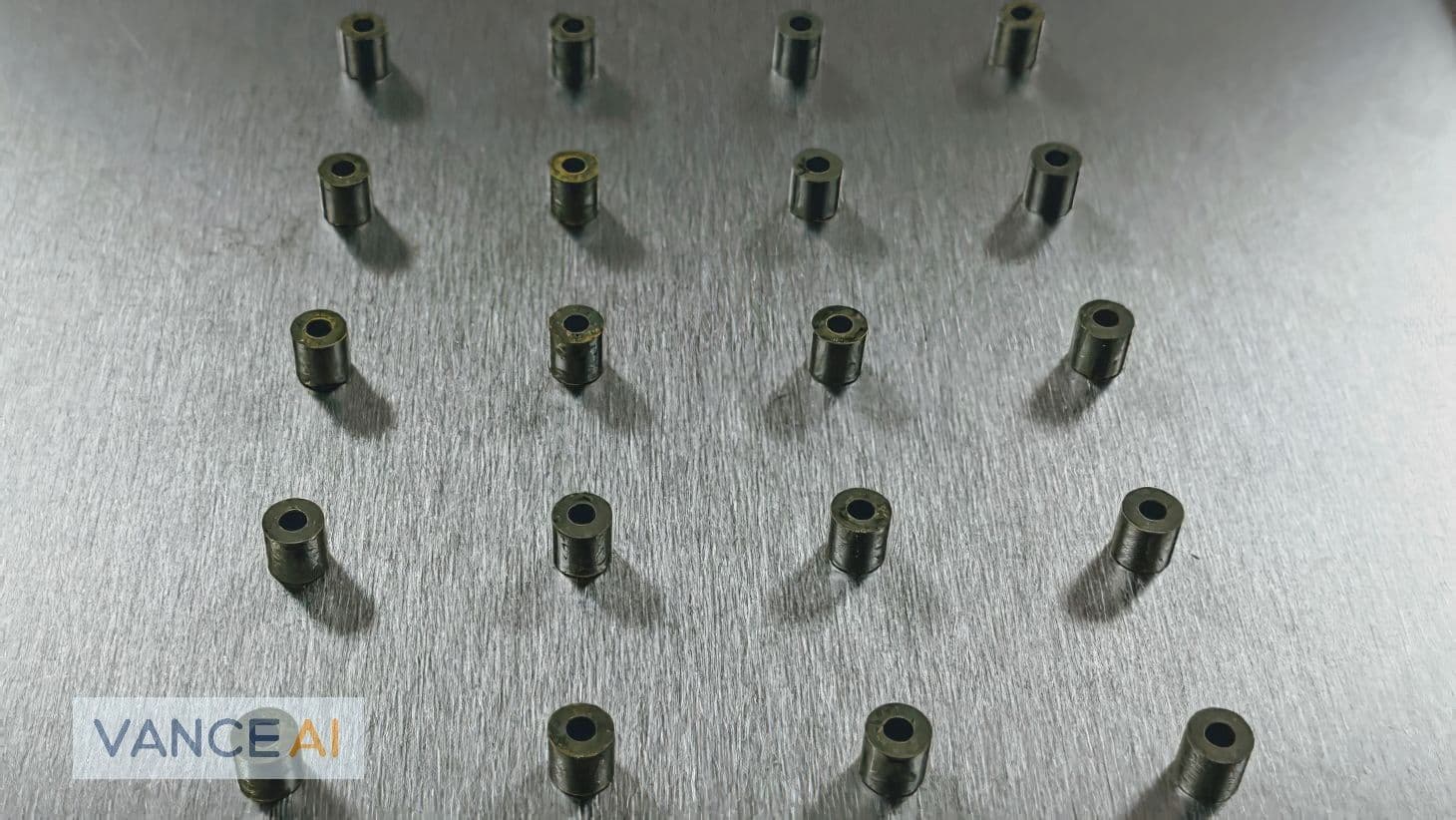
Preparations begin for thorium-HALEU fuel regulatory review
Clean Core Thorium Energy and the Canadian Nuclear Safety Commission (CNSC) have begun the planning phase of a pre-licensing review of Clean Core's ANEEL thorium and high-assay low-enriched uranium (HALEU) fuel, the company has announced.
The Chicago-based fuel innovation company is developing ANEEL fuel - the name is taken from Advanced Nuclear Energy for Enriched Life - for use in pressurised heavy water and Candu reactors. High-burnup irradiation testing and qualification of the fuel is currently under way at the Advanced Test Reactor at the US Department of Energy's Idaho National Laboratory (INL), using test pellets manufactured by the company in partnership with Texas A&M University and INL. The company is also collaborating with US company Centrus as a supplier of HALEU.
The high-burnup advanced fuel can improve the accident tolerance characteristics and economics of heavy water reactors while reducing the amount of waste generated by as much as 87.5%, the company says, and is proliferation-resistant.
The CNSC’s pre-licensing review process will provide "clear and early feedback" on the use of the fuel design in a CANDU reactor, Clean Core said. CNSC staff will conduct an assessment of the proposed fuel design and qualification programme to confirm that Clean Core will be capable of demonstrating it can meet the regulator's expectations, applicable regulatory documents and applicable Canadian codes and standards. The company said it is "confident" that the safety case it is putting together "is solid, and will be shown to meet CNSC’s requirements and expectations".
"The initiation of the CNSC pre-licensing process marks a significant leap towards unlocking ground-breaking performance with heavy water reactors by utilising thorium and HALEU," Clean Core CEO Mehul Shah said. "Once approved for use in Canada, ANEEL Fuel will make CANDU reactors safer, cleaner, and cost effective, while supporting Canada's long-term clean energy goals. Future use by a Canadian licensee also sends a clear signal to current and potential users of heavy water reactors who could benefit from cheaper carbon-free nuclear power that mitigates the concerns of weapons proliferation and waste disposal."